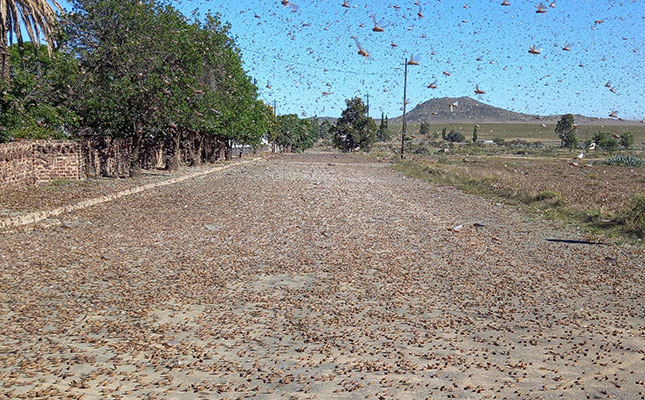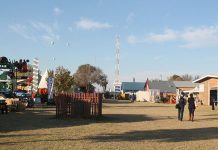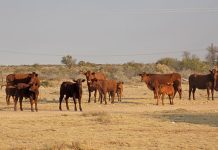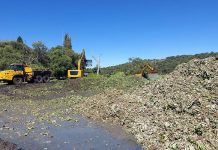
Photo: FW Archive
The South African government’s readiness to control large-scale locust outbreaks is a cause for serious concern.
This was according to Andrea Campher, Agri SA’s risk and disaster manager, who said this was especially worrying due to the looming possibility of “catastrophic locust outbreaks in the 2022/23 summer season”.
Campher said in a statement that South Africa had experienced the worst locust outbreaks in 25 years during the 2021/22 season, with more than 23 million hectares of land affected.
Without the implementation of effective measures to curtail the looming disaster pro-actively, an even greater locust outbreak was on the cards for the upcoming season, Campher said.
“Despite the magnitude of the threat facing us, contracts with locust officers in some regions, which should have been concluded by the end of August since the locust season commences on 1 September, are still being finalised,” she told Farmer’s Weekly.
Dr Gerhard Verdoorn, CropLife South Africa’s stewardship manager, told Farmer’s Weekly in August that significant locust outbreaks could be expected during the summer months in the grassland and savannah areas of the Kalahari, Karoo, Eastern Cape and the Western Cape fynbos regions.
This was due to the ample rainfall received in these regions during the summer, autumn, and winter of 2022.
“High soil moisture levels coupled with high temperatures across the endemic outbreak areas of the Karoo are therefore creating conducive conditions for brown locust outbreaks.
“The cold spells that swept across the southern parts of Namibia into the Kalahari and Karoo earlier [this year] may delay or even prevent some outbreaks in those areas, but outbreaks eastwards are very likely to occur as far south as Gqeberha,” Verdoorn said.
Agri SA was planning to meet with the Department of Agriculture, Land Reform and Rural Development about the impending threat on 2 November.
Among the issues on the agenda was the urgent finalisation of locust officers’ contracts, securing sufficient pesticide supplies and spraying equipment, the distribution of protective equipment, and the training of new officers, Campher said.










